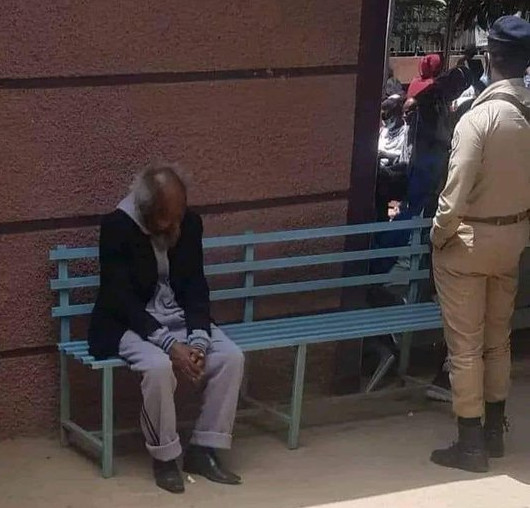
CIVICUS Monitor Downgrades Ethiopia’s Civic Space to ‘Closed’ Amid Ongoing Conflict
“This rating change is a result of a multi-year assault on civic freedoms,” said Sylvia Mbataru, Africa and Middle East Researcher at the CIVICUS Monitor. “The situation is bleak, as Ethiopian authorities have completely closed the space for civil society to operate.”
The CIVICUS Monitor rates each country’s civic space conditions based on data collected throughout the year from country-focused civil society activists, regionally-based research teams, international human rights indices and the Monitor’s own in-house experts. The data from these four separate sources are then combined to assign each country a rating as either ‘Open,’ ‘Narrowed,’ ‘Obstructed,’ ‘Repressed’ or ‘Closed.’
Ethiopia’s score puts it among 29 other countries in the worst category: ‘Closed.’ Globally, this year’s report finds that nearly a third of humanity, or 30% of the world’s population, now lives in ‘Closed’ societies, the most restrictive possible environments.
Meanwhile, just over 3% of people live in ‘Open’ countries, where civic space is both free and protected, the lowest percentage yet and almost half the rate of six years ago. Together, these statistics point to a world in crisis.
In Ethiopia this year, researchers documented arbitrary detentions against journalists, including for covering the conflict in Amhara region, and threats against and shutting down of online news outlets. This year also saw the cold blooded murder of Bate Urgessa, a vocal government critic and senior official of the Oromo Liberation Front (OLF) – one of the biggest political parties in Ethiopia, after a fatal shooting by unidentified gunmen.
“The Ethiopian government views critical voices as the ultimate threat to their power. They use every tactic to ensure civil society and media can barely operate and sustain itself,” said Mbataru. “The result is a situation where activists feel constantly under threat.”
Source:
